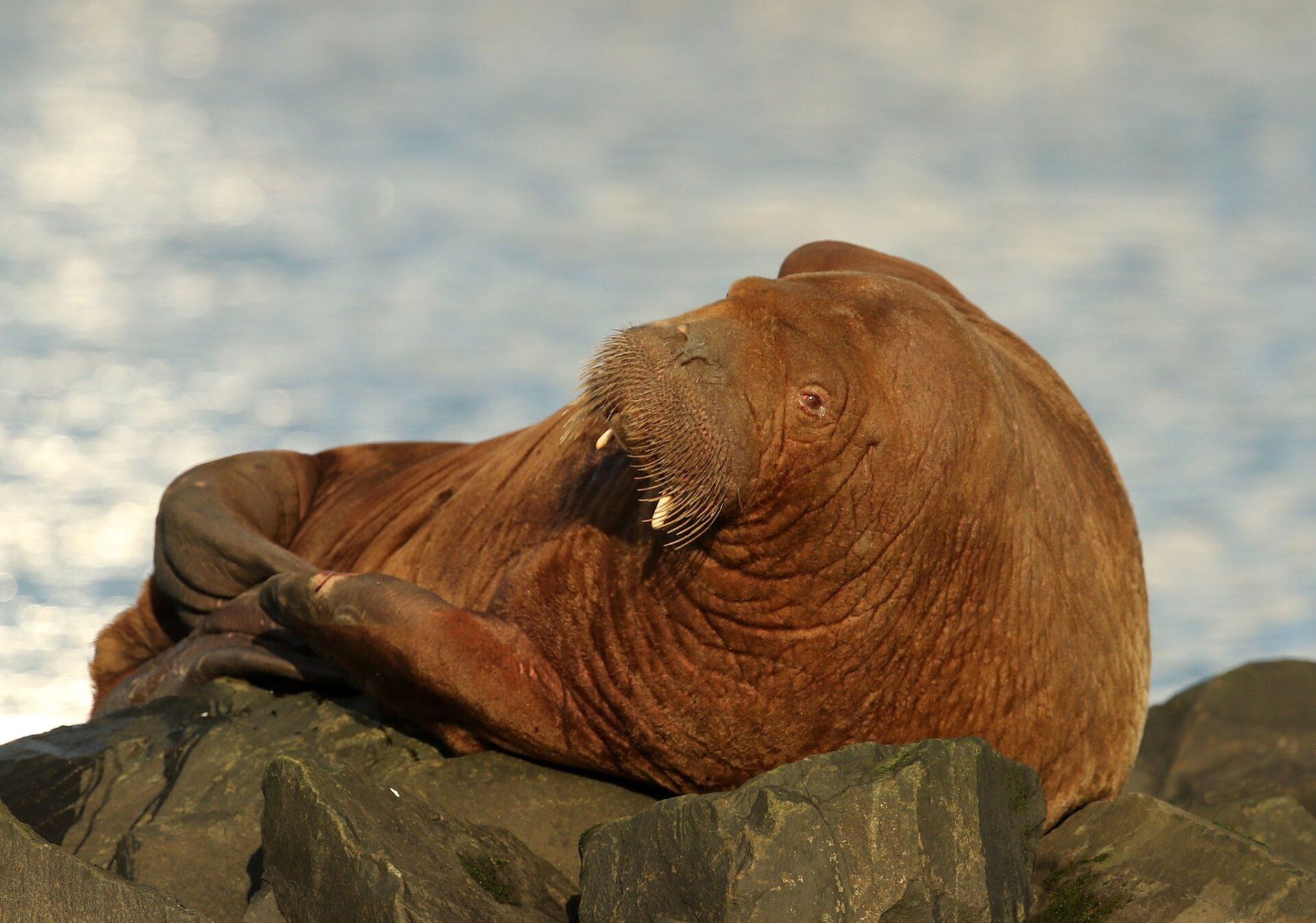PCB Pollution Threatens Global Killer whale (Orcinus orca) Populations.
PCB Pollution Threatens Global Killer whale (Orcinus orca) Populations.
ORCA SciComm Team | 14th July 2022
Global killer whale population are predicted to collapse due to pollution with polychlorinated biphenyls (PCBs). A scientific report which used individual-based models combined with globally available data on PCB concentrations found that PCB-mediated effects on reproduction and immune function threaten the longterm viability of >50% of the world’s killer whale populations.

Additional contaminants are also present in killer whale tissues. Polybrominated diphenyl ethers (PBDEs) are a group of flame-retardant compounds which have been widely used in recent years. Environmental mercury (Hg) concentrations have increased over the past 150 years, resulting in over 92% of the mercury body burden in higher trophic level species being of man-made origin (Dietz et al., 2013).
Adult killer whales from British and Irish coastal waters showed lower p,p’-DDE concentrations [ranging from 7 to 179 mg/kg lw], except one individual that presented a higher p,p’-DDE concentration of 567 mg/kg lw (McHugh et al., 2007).
All these compounds may contribute to reproductive and immune failure or other health endpoints not included here, and raise concerns about the potential for other persistent contaminants to generate additional toxicological effects in long-lived, high–trophic level aquatic species. These results suggest a high placental transfer of pollutants from mother to foetus. Consequently, blubber and plasma PCB concentrations and calf mortality rates are both high in primiparous females (Schwacke et al., 2002; Wells et al., 2005).
The neonate analysed belonged to Ecotype I (a generalist feeder) and carried the mitochondrial haplotype 35 present in about 16% of the North Atlantic killer whales from or close to the North Sea (i.e., the UK, the Netherlands, Denmark) (Foote et al., 2009; Reckendorf et al., 2018). The relevance of this data becomes apparent in the UK West Coast Community, the UK's only resident orca population, which is currently composed of only eight individuals (each four males and females) and no calves have been reported over the last 19 years (Beck et al., 2014).
Despite worldwide regulations, marine pollutants, including mercury, organochlorine pesticides and PCBs, persist in the environment and remain a severe concern for killer whale populations, placing calves at high risk due to the vertical mother-offspring pollutant-transfer resulting in a high toxicological burden of the neonates.
References:
Beck, S., Foote, A.D., Koetter, S., Harries, O., Mandleberg, L., Stevick, P.T., Whooley, P., Durban, J.W., 2014. Using opportunistic photoidentifications to detect a population decline of killer whales (Orcinus orca) in British and Irish waters. Journal of the Marine Biological Association of the United Kingdom 94, 1327–1333
Foote, A.D., Newton, J., Piertney, S.B., Willerslev, E., Gilbert, M.T.P., 2009. Ecological, morphological and genetic divergence of sympatric North Atlantic killer whale populations. Molecular Ecology 18, 5207–5217.
https://doi.org/10.1111/j.1365-294X.2009.04407.x
McHugh, B., Law, R.J., Allchin, C.R., Rogan, E., Murphy, S., Foley, M.B., Glynn, D., McGovern, E., 2007. Bioaccumulation and enantiomeric profiling of organochlorine pesticides and persistent organic pollutants in the killer whale (Orcinus orca) from British and Irish waters. Marine Pollution Bulletin 54, 1724–1731.
Schwacke, L.H., Voit, E.O., Hansen, L.J., Wells, R.S., Mitchum, G.B., Hohn, A.A., Fair, P.A., 2002. Probabilistic risk assessment of reproductive effects of polychlorinated biphenyls on bottlenose dolphins (Tursiops truncatus) from the Southeast United States Coast. Environmental Toxicology And Chemistry / SETAC 21, 2752–2764
Wells, R.S., Tornero, V., Borrell, A., Aguilar, A., Rowles, T.K., Rhinehart, H.L., Hofmann, S., Jarman, W.M., Hohn, A.A., Sweeney, J.C., 2005. Integrating life-history and reproductive success data to examine potential relationships with organochlorine compounds for bottlenose dolphins (Tursiops truncatus) in Sarasota Bay, Florida. Science of the Total Environment 349, 106–119.
SHARE THIS ARTICLE













